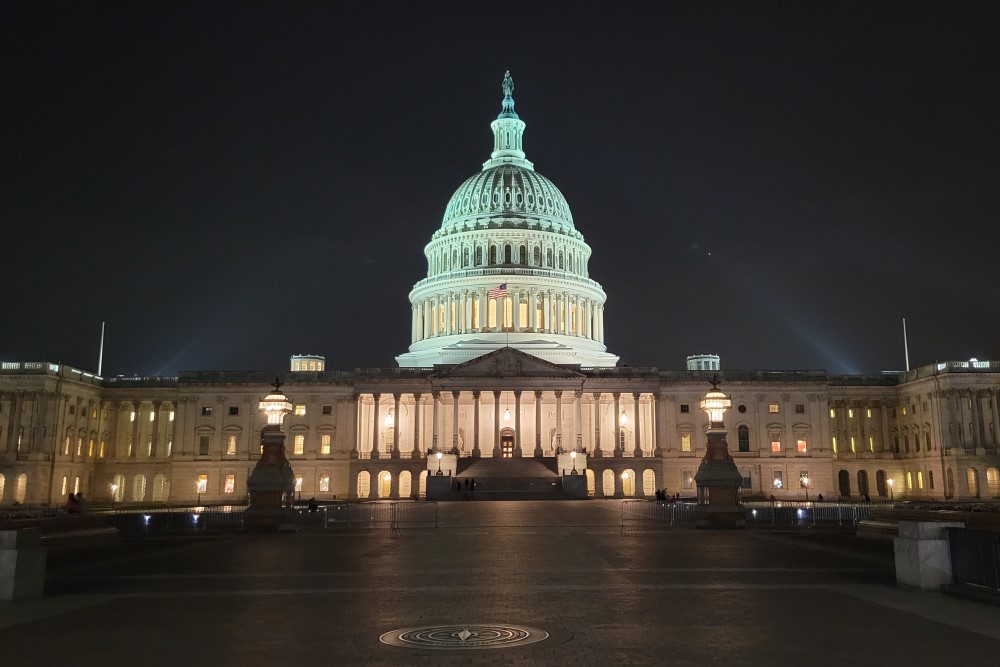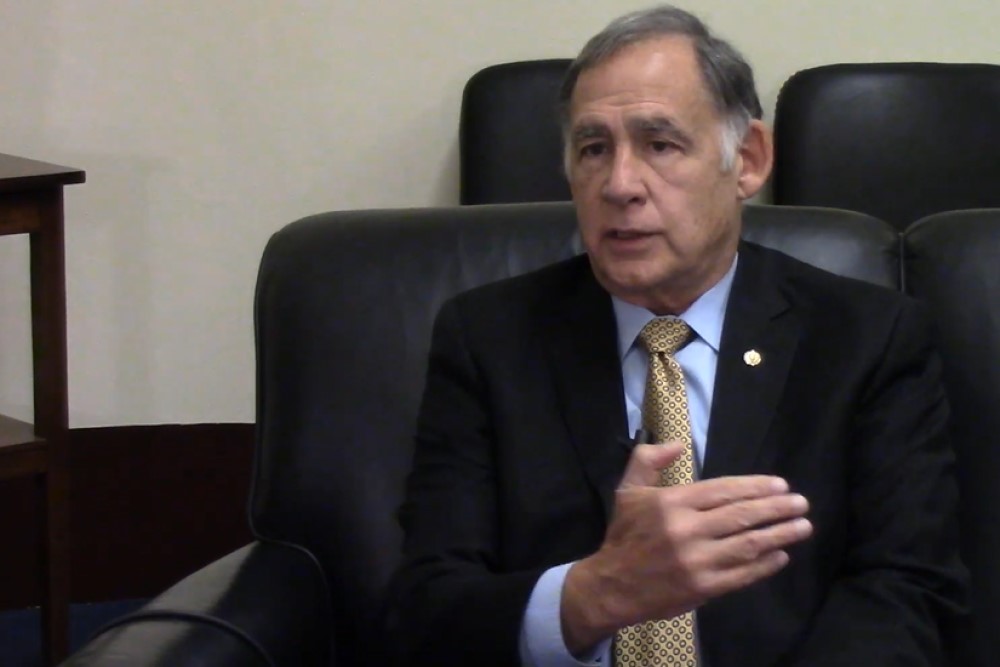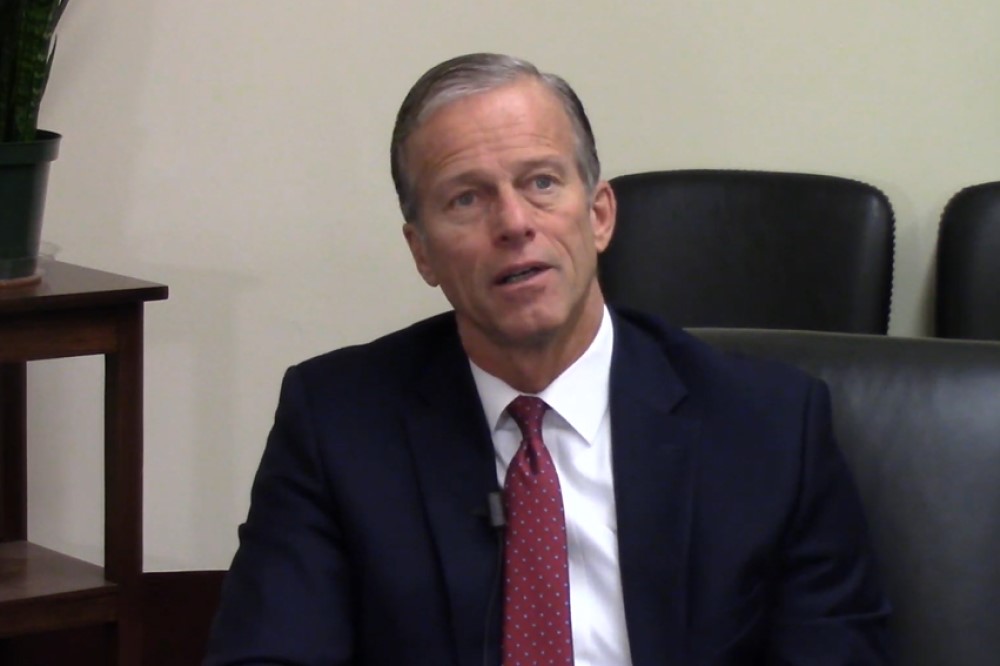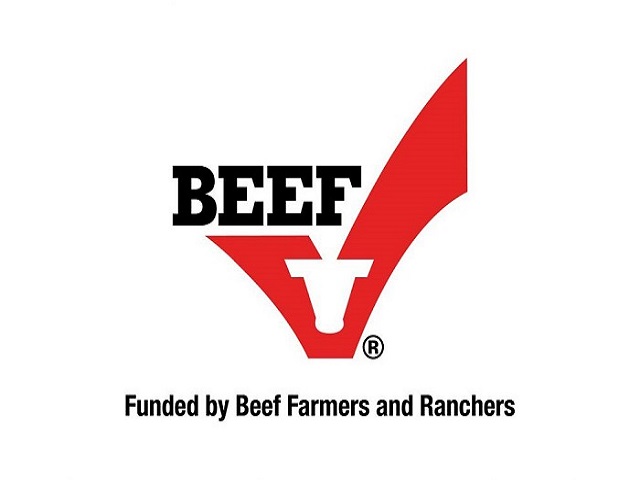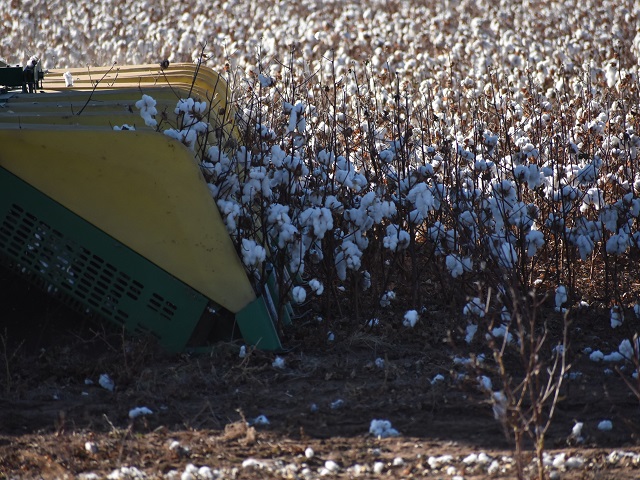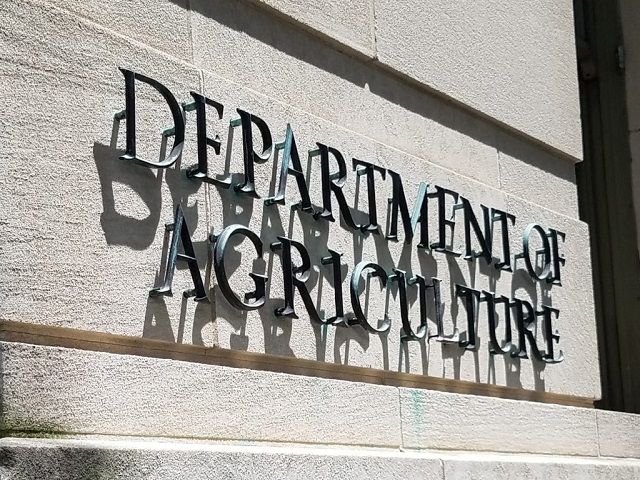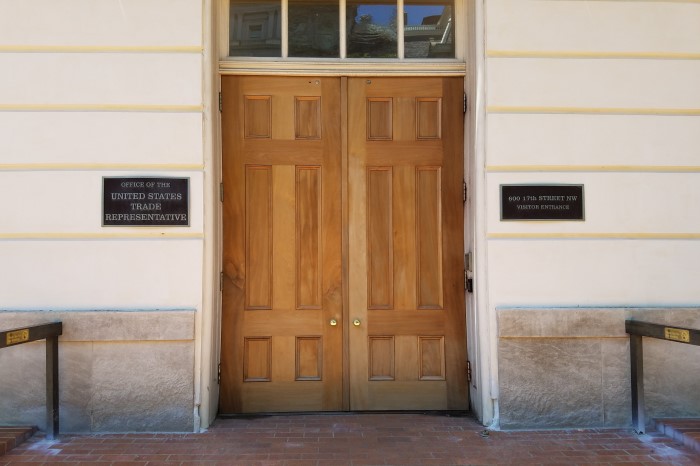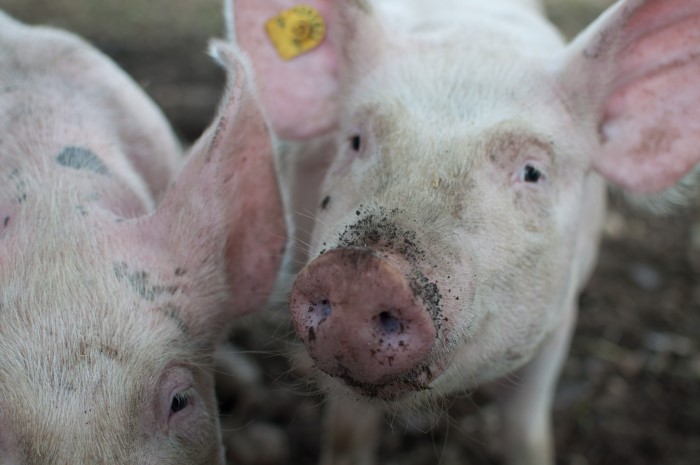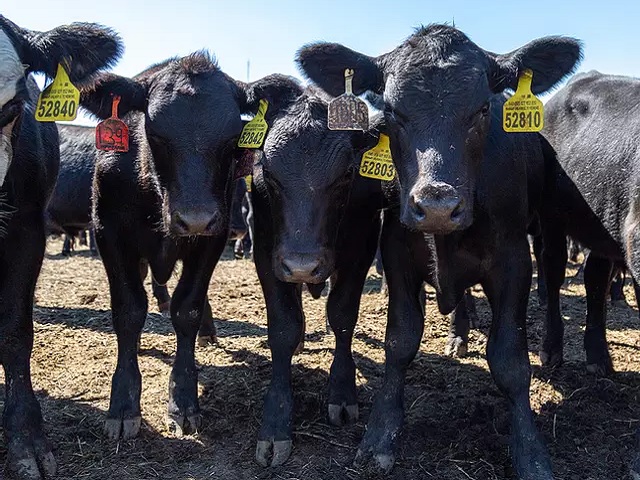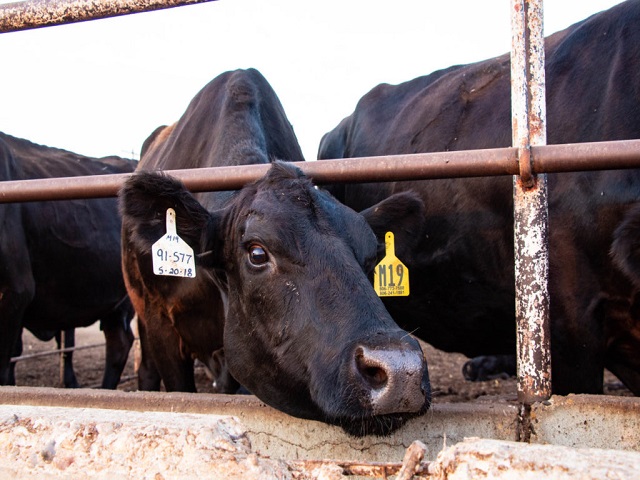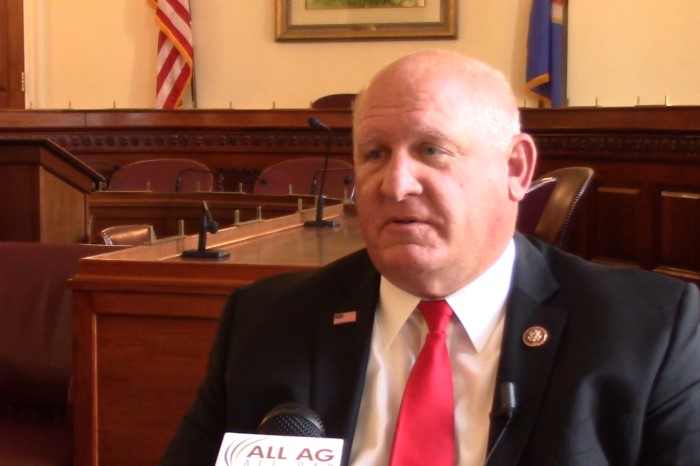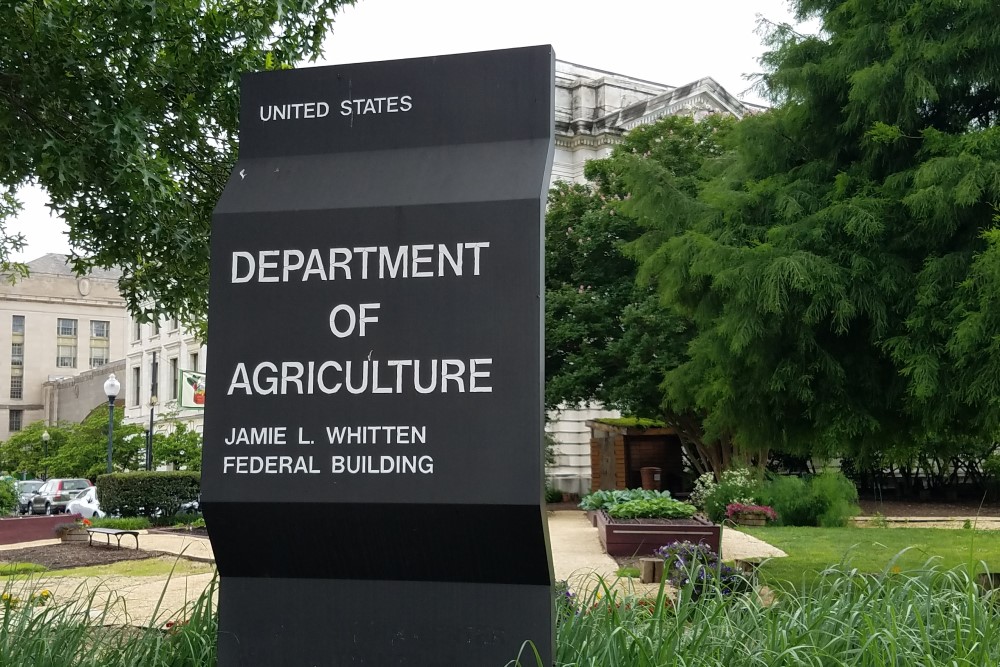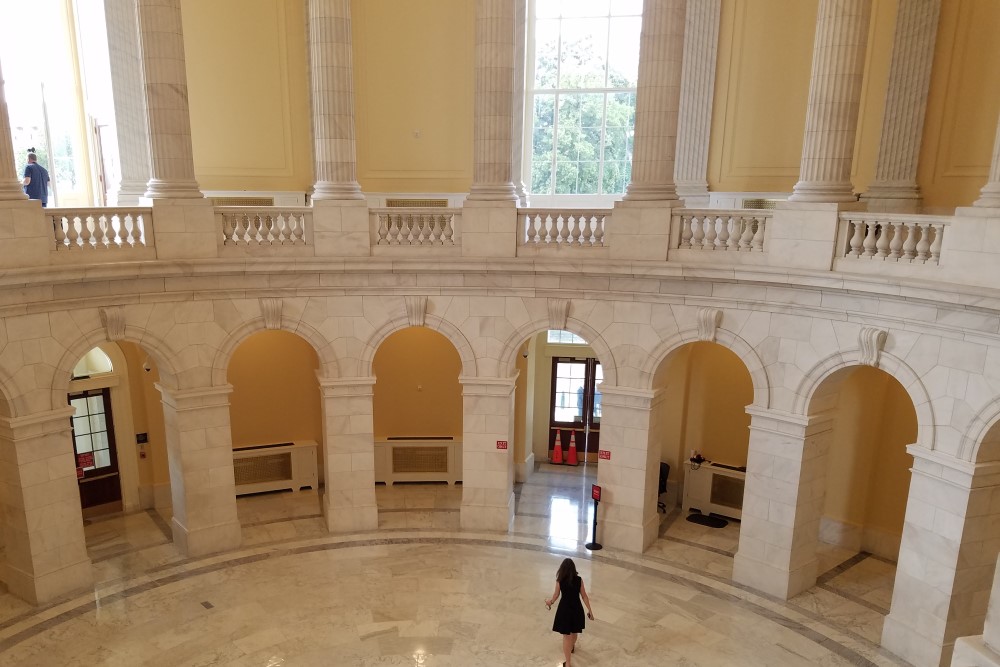U.S. Biofuels Industry Retaliating Against EPA’s Refinery Exemptions
WASHINGTON, DC – The renewable fuels industry has been increasingly critical of the Environmental Protection Agency (EPA), the very group that is tasked with setting and enforcing the nation’s Renewable Fuel Standard (RFS). Over the past three years, however, EPA has been granting more small refinery exemptions (SRE’s), which reduces the total amount of biofuels blended into the nation’s fuel supply, without replacing the missing fuel in the overall supply. According to the groups like the National Biodiesel Board (NBB) and the Renewable Fuels Association (RFA), these waivers have led to the destruction of demand and lower prices for producers – which in turn has led to plant closures and weaker prices to farmers. Though the White House seems to have brokered an agreement between EPA and USDA to alleviate the problem, the groups are now taking EPA to court over their latest RFS blending obligations for 2020. According to a coalition press release, EPA’s decision leaves a shortfall of almost 1.5 billion gallons of renewable fuels sitting in storage. This comes at a time when Brazil has announced additional tariff-rate quotas (TRQ’s) on imports of biofuels from the United States. This move, according to the domestic coalition, flys in the face of an agreement the U.S. made with its largest customer and competitor to practice free biofuel trade between the two countries.











